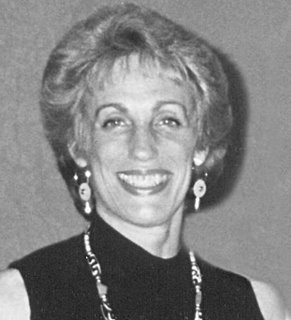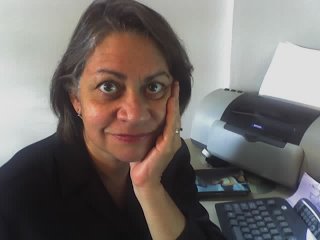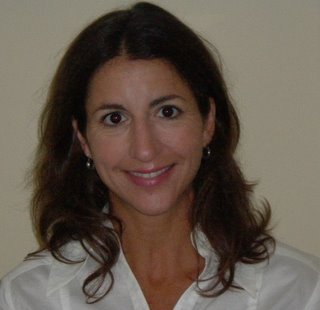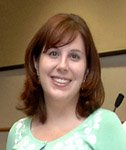 by Ellen Bravo
by Ellen BravoMILWAUKEE, WISC.--It’s been 15 years since the Clarence Thomas hearings, and Congressional leaders still don’t get the issue of sexual harassment.
Just take a look at the Mark Foley Scandal.
Those in charge have been so busy pointing fingers, it’s no wonder their solution is an 800-hotline for pages to contact the FBI. Imagine the menu of options: "If you received an instant message, press one. For emails, hit two. Press three if the Congressman showed up drunk outside your residence." Note this is the same FBI that had notice of sexually suggestive emails last July and took no action.
READ MORE
------------------------------------------------------------------------------
Bravo teaches a graduate class in sexual harassment at the University of Wisconsin-Milwaukee. She is former director of 9to5, National Association of Working Women, and co-author of The 9to5 Guide to Combating Sexual Harassment. Her most recent book, Taking on the Big Boys, or Why Feminism is Good for Families, Businesses and the Nation, is forthcoming from Feminist Press.




